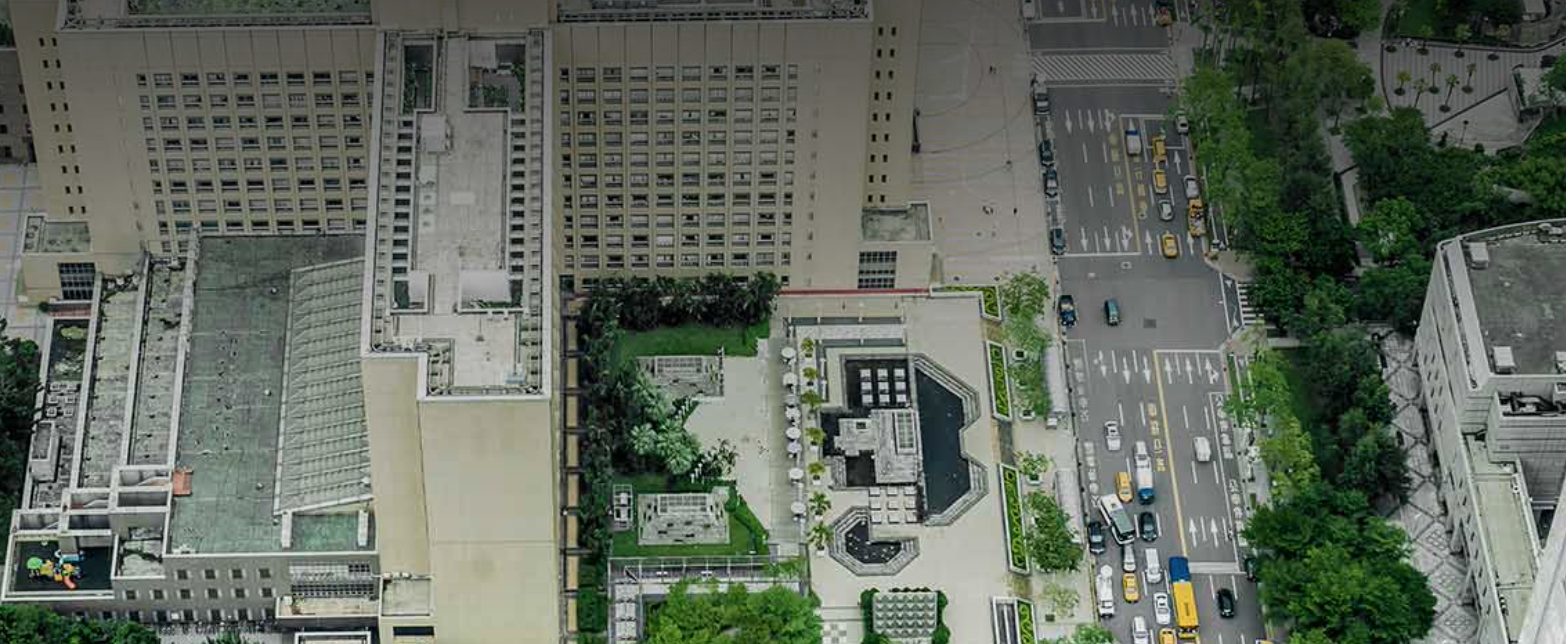Cities and climate change – UN CC:e-Learn short course

- Level: Introductory
- Time commitment: 2 hours
- Learning product: online course (self-paced)
- Sector: multisector
- Language: English, Español, Français
- Certificate available: from UN CC:e-Learn website
This course is hosted on UN CC:e-Learn. Please find the Cities and climate change course, where you can enrol for full access.
Introduction
This specialized short course introduces the theme of climate change in urban areas.
The world is becoming more and more urban, and therefore cities are important actors in addressing climate change. The module covers both how cities are affected by climate change and how cities are contributing to climate change. In addition, it looks at how climate change adaptation and mitigation can be considered in urban planning and identify concrete measures. Several examples of how cities can play a transformational role in addressing climate change are presented.
This article provides an overview of the course. The full course with all videos, quizzes plus learning material can be accessed herethrough a free registration on the UNCC:e-Learn website. For more information on the course structure, methodology, learning objectives and completion requirements, please download the course syllabus.
Who is this useful for?
The module provides clear, concise and up-to-date information for anybody interested in obtaining a general understanding of climate change in an urban context. It should be of particular interest to the following audiences:
- Civil servants in national ministries, provincial departments and local authorities responsible for developing and implementing urban development policies, programmes or projects and/or working on climate change mainstreaming;
- Managers in private sector and civil society organizations working on climate change and/or urban development;
- Faculty, researchers and students; and
- Interested citizens.
Institutional background and trainer
The module has been developed and peer-reviewed through UN CC:Learn (www.uncclearn.org), with technical leadership provided by the United Nations Human Settlements Programme (UN-Habitat).
Training material
The course consists of one module divided into 6 sections, and takes around 2 hours to complete.
Once the quiz is completed with above 70% of passing scores, you will receive a certificate of completion from UN-Habitat and UNITAR. Please, access your certificate under the tap “Certification” on the main course page.
This specialized module has six sections:
- Cities in the 21st century
- Effects of climate change on cities
- Cities as contributors to climate change
- Integrating climate change adaptation and mitigation in urban planning
- Urban climate change adaptation and mitigation in practice
- Overview of major initiatives related to climate change and cities
Learning outcomes
After completing this specialized module, participants will be able to:
- Describe urban trends for the 21st century.
- Describe the transformative role that cities can play in achieving green and climate resilient development.
- Explain how urban areas are affected by, and contribute to, climate change.
- Explain how climate change adaptation and mitigation can be considered in urban planning.
- Identify specific adaptation and mitigation measures suitable for urban areas.
Related resources
- Cities, Settlements & Key Infrastructure - Frequently Asked Questions from Chapter 6 of the IPCC's 6th Assessment Report
- Community Commons as Socially Just and Adaptive Spaces
- Pathways to transformative climate adaptation in southern African cities
- Receptivity and judgement: expanding ways of knowing the climate to strengthen the resilience of cities
- The European Green Capital Network 'Future-proof Toolkit' for cities
(0) Comments
There is no content